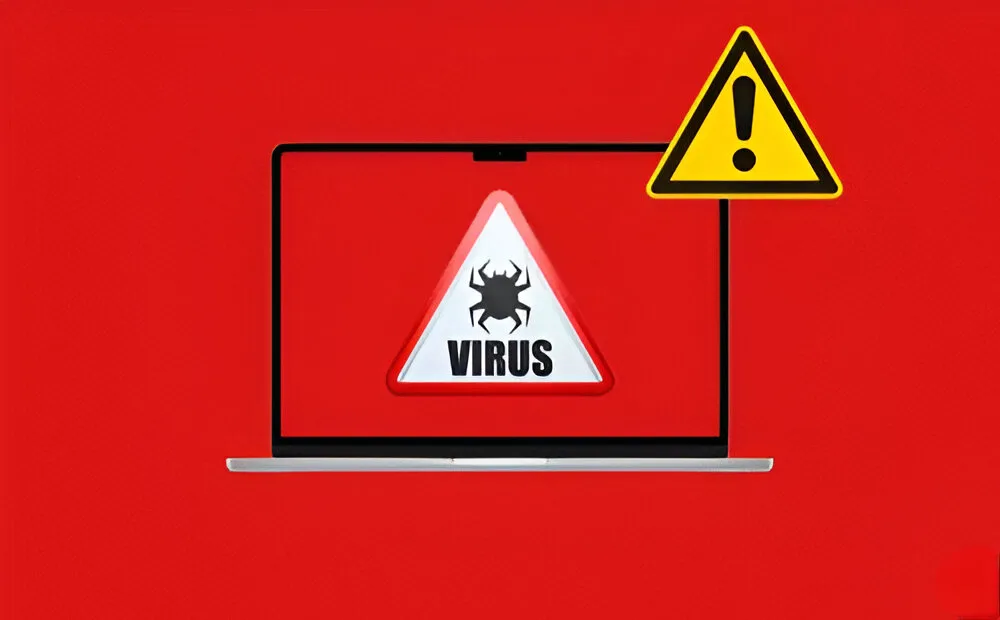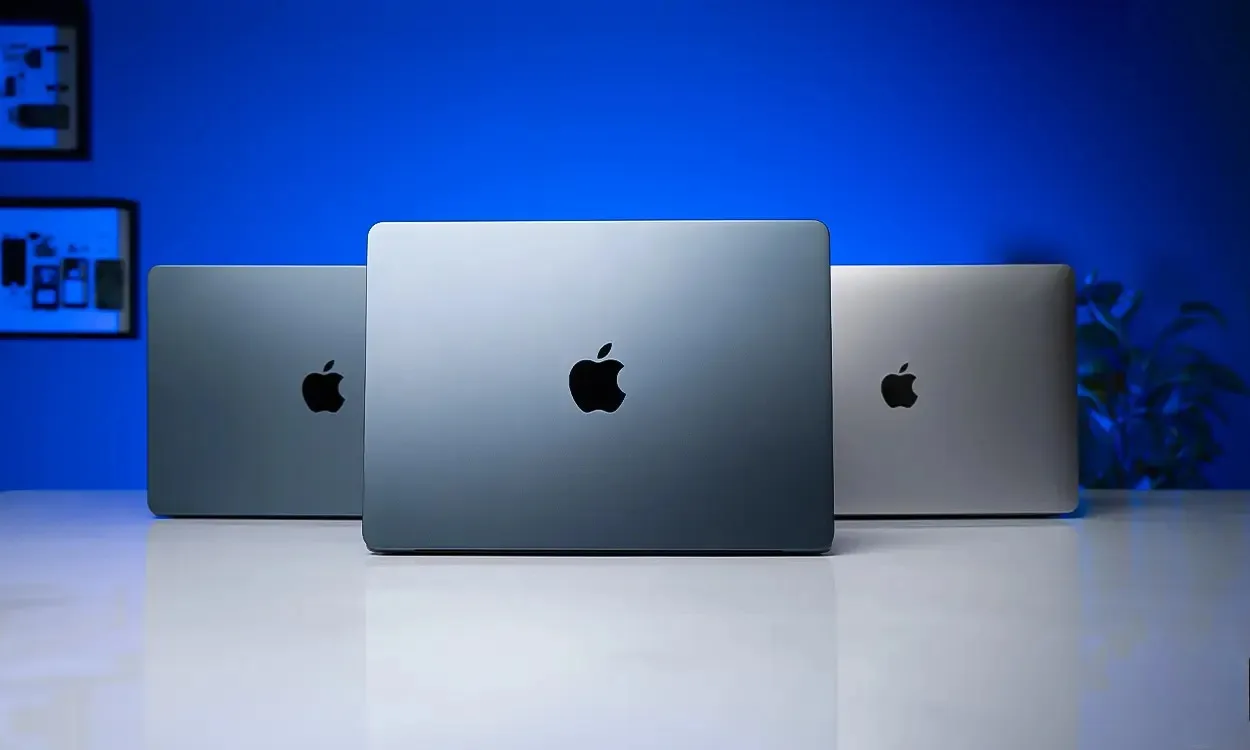
Can Macs get viruses? It’s a common question with an unexpected answer. Many people think that only Windows computers are vulnerable to viruses and malware, believing that Macs are always safe. However, this is a misconception. While Apple computers are generally more secure than Windows machines, MacBooks, Mac Minis, and iMacs are not immune to all computer viruses. You might wonder just how likely it is for a Mac to get a virus. Keep reading to learn about the vulnerabilities of Macs, signs that your Mac might have a virus, whether you need antivirus software for your MacBook, and how to protect your Apple computer from online threats. Let’s dive in!
Do MacBooks Get Viruses?

Although Macs are less susceptible to viruses than Windows computers, they are still at risk. Apple’s macOS is designed to combat viruses and malware, but sophisticated threats can still penetrate its defenses. Apple computers have gained popularity, but they are still less widely used than Windows PCs, so cybercriminals have traditionally targeted Windows machines more. However, as the market share for Macs grows, cybercriminals are increasingly targeting Apple devices as well.
While the Mac operating system includes robust built-in protections, it may not provide comprehensive security, especially against the latest malware threats. Consequently, Macs can be exposed to various types of viruses and malware.
What Online Threats and Malware Can Affect Macs?
When considering how to protect your Mac against viruses, the first step is to understand the types of malware that can affect it. Here are some of the common types of Mac malware:
1. Viruses
Malicious software programs that can run code or perform tasks without the user’s knowledge. They can replicate themselves into other files or programs, creating malicious files, taking screenshots, hacking your webcam, corrupting data, and more.
2. Adware
This type of malware takes over your computer, bombarding it with numerous ads and pop-ups. Adware can track your activities, redirect you to malicious websites, and slow down your machine.
3. Spyware
An unwanted program that can spy on you and track your online activities without your knowledge. Spyware can record everything you do online, allowing its creators to see emails you send, passwords you enter, and other personal information.
4. Ransomware
This malware locks your device and seizes control of your apps, files, and other data. The hackers demand a ransom, often in cryptocurrency, in exchange for unlocking your Mac or releasing your files.
5. Trojans
A type of malware that deceives you into downloading a corrupted computer program that appears legitimate. Once you click on the download link, hidden malware is installed on your MacBook.
6. Phishing
One of the most common cybercrimes, phishing involves attackers pretending to be someone you know or trust. They use this guise to trick you into sharing personal information, which can then be used for identity theft or financial fraud.
7. Cryptojacking
Cryptomining malware, also known as Cryptominers, is a type of malware that exploits your Mac’s computing power to mine cryptocurrencies for the attacker. Additionally, it can infiltrate your browser’s cookies to steal any cryptocurrency wallets you may have.
Do Macs Have Built-in Antivirus?
Apple computers do not come with traditional antivirus software. Instead, they are equipped with several built-in security features designed to protect against viruses. Here are some of the anti-malware features built into Macs:
1. XProtect
Apple’s proprietary antivirus software, included in all Macs since 2009. It operates in the background to scan your machine continuously and isolate any threats.
2. Gatekeeper
This software verifies the integrity of apps you download, ensuring they have not been tampered with. It also blocks apps created by malware developers.
3. Malware Removal Tool
Automatically scans Macs for malware that may have evaded detection by XProtect. It works in conjunction with XProtect to remove any detected malware automatically.
4. Sandboxed apps
Instead of granting full access to your data, Mac computers use sandboxed apps. This means apps can access only the necessary data while being restricted from accessing other apps, macOS, or system resources. This approach minimizes potential damage if you open a faulty or compromised app.
5. Apple Review and Notarization
These features work in tandem to protect you from harmful apps. The App Review feature scrutinizes every app before it’s available on the App Store. Additionally, Notarization scans all Mac software for malicious content or issues before installation.
How Do You Tell If Your Mac Has a Virus?
There are several signs that indicate a Mac may be infected with viruses or malware. If you notice one or more of the following, your MacBook could be infected:
1. Sluggish performance
2. Increased unwanted ads and pop-ups
4. Unwanted new apps or tools that you don’t recall downloading
5. Unresponsive or crashing browser
6. Screen flickering issues
Do MacBooks Need Anti-Virus?
Installing antivirus software on your MacBook or Mac computer is not strictly necessary. Apple has implemented robust security measures at the operating system level to protect Macs from severe malware attacks. Apple’s built-in antivirus and other security features scrutinize every app for malware, ensuring that only Apple-approved software can be opened.
However, there are instances when malware manages to infiltrate the system and the Mac’s response is not as swift as expected. If you have important data on your system and seek the best protection, you may opt for dedicated antivirus software. This offers an additional layer of security and ensures peace of mind. Some popular options include Intego Mac Internet Security, Norton, McAfee, among others. While antivirus software offers various benefits and added peace of mind, it is not essential for all Macs.
How to Protect Your Mac from Viruses?
You don’t need to be a tech expert or purchase antivirus software to protect your Mac. Practicing good digital hygiene and following a few safety tips can help ensure your Mac remains free from malware. Take note of the following:
1. Avoid clicking on unknown or suspicious links or attachments.
2. Ensure your Mac is always running the latest version of macOS.
3. Use a VPN when connected to public or unsecured Wi-Fi networks.
4. Download apps and software only from the Mac App Store or reputable websites.
5. Avoid clicking on unwanted pop-ups.
6. Regularly back up your MacBook’s data.
7. Keep the firewall enabled.



0 Comments